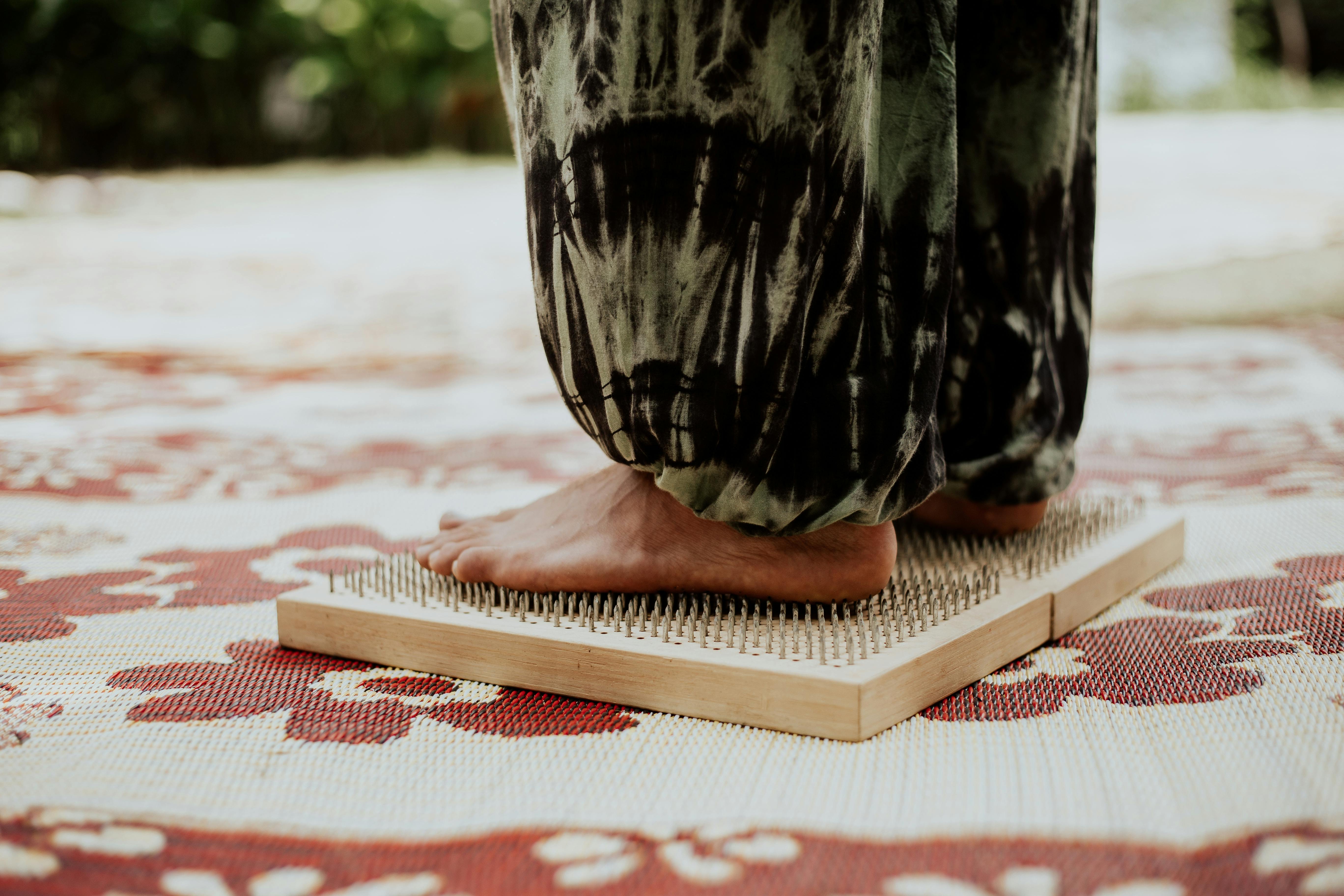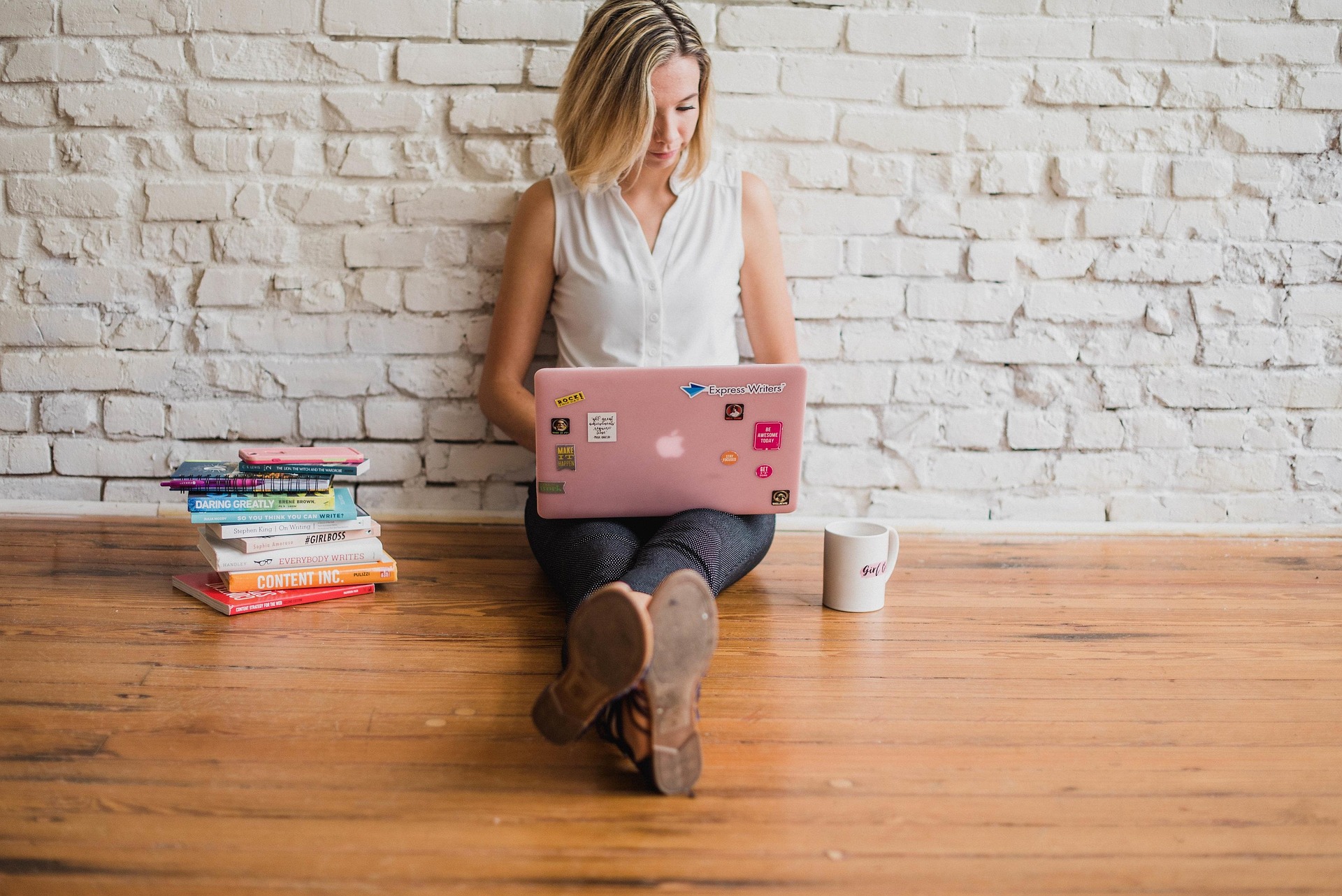Coping with Anxiety: Understanding the Historical Context and Modern Approaches
Anxiety, a feeling of unease such as worry or fear, can be mild or severe. It's a natural human response to stress or danger, but when it becomes relentless and overwhelming, it can interfere with daily activities. This article will delve into the historical context of anxiety, its manifestation in the modern world, and how we can manage it effectively. We will also explore the latest trends in anxiety management, the impact of anxiety on society, and unique insights into this prevalent mental health issue.

From Ancient Greece to Modern Psychiatry: The Evolution of Anxiety Understanding
The concept of anxiety is not a modern phenomenon. As early as the ancient Greek times, influential philosopher Hippocrates theorized that anxiety was caused by an imbalance in the body’s four humors - blood, yellow bile, black bile, and phlegm. Fast forward to the 17th century, philosopher and mathematician René Descartes described anxiety as a response to threats to the body or mind.
The 19th-century psychiatrist, Sigmund Freud, played a pivotal role in our understanding of anxiety. He proposed that anxiety was a result of repressed and unresolved conflicts in the unconscious mind. This marked a significant shift from the physiological explanations of the past to a psychological understanding of anxiety.
In the 20th century, the Diagnostic and Statistical Manual of Mental Disorders (DSM) introduced specific diagnostic criteria for various anxiety disorders, which has been continually revised and updated based on ongoing research.
The Modern Face of Anxiety
With the advent of the 21st century, anxiety has become a prevalent mental health issue worldwide. Factors such as rapid technological advancements, increased work pressures, social media influence, and global crises, such as the COVID-19 pandemic, have contributed to the rise in anxiety disorders.
The World Health Organization (WHO) estimates that 1 in 13 globally suffers from anxiety. It has been recognized as a serious public health issue that impacts individuals’ quality of life and overall productivity.
Cutting-edge Trends in Anxiety Management
In recent years, new trends in anxiety management have emerged, focusing on personal empowerment and self-care strategies. These include mindfulness-based stress reduction (MBSR), cognitive-behavioral therapy (CBT), and the use of digital mental health apps.
MBSR, a program that teaches mindfulness to help individuals cope with stress, pain, and illness, has gained popularity. It encourages individuals to focus on the present moment, which can help reduce anxiety.
CBT, a type of psychotherapy, is a highly effective treatment for anxiety disorders. It works by helping individuals identify and challenge their thought patterns and behaviors that lead to feelings of anxiety.
Digital mental health apps have also become a go-to tool for many people. These apps provide resources and tools such as guided meditation, breathing exercises, and sleep improvement tips, which can help manage anxiety symptoms.
The Societal Impact and Reception of Anxiety
The high prevalence of anxiety disorders has significant societal implications. It affects productivity, with individuals suffering from anxiety often reporting difficulties in concentrating, decision making, and effective work performance. Anxiety disorders also place a burden on health services due to increased healthcare utilization.
Despite these challenges, societal awareness and acceptance of anxiety have improved. Mental health campaigns, celebrity endorsements, and increased media coverage have played a crucial role in reducing stigma and promoting mental health literacy.
Uncharted Insights into Anxiety
One of the most interesting and less explored areas of anxiety is its relationship with creativity. Several studies suggest a possible link between anxiety and heightened creativity. The heightened sensitivity and alertness associated with anxiety may stimulate creative thinking and problem-solving skills.
Another unique insight is the role of gut health in anxiety. Emerging research suggests that gut bacteria play a role in brain function and mood regulation. This suggests that dietary interventions could potentially help manage anxiety.
Achieving Balance: Depth and Accessibility in Anxiety Management
While anxiety can be overwhelming, it’s important to remember that it’s manageable. A combination of professional help, self-care strategies, and lifestyle changes can be effective in managing anxiety. This can include regular exercise, a healthy diet, adequate sleep, and mindfulness practices.
The evolving understanding of anxiety has led to a range of accessible treatment options. From traditional psychotherapy to digital mental health apps, individuals now have a variety of resources to help manage their anxiety.
Understanding the historical context of anxiety and its modern manifestation can provide a more holistic view of this common mental health issue. As society continues to grapple with anxiety, it’s crucial to stay informed about the latest research, trends, and insights into this condition.




